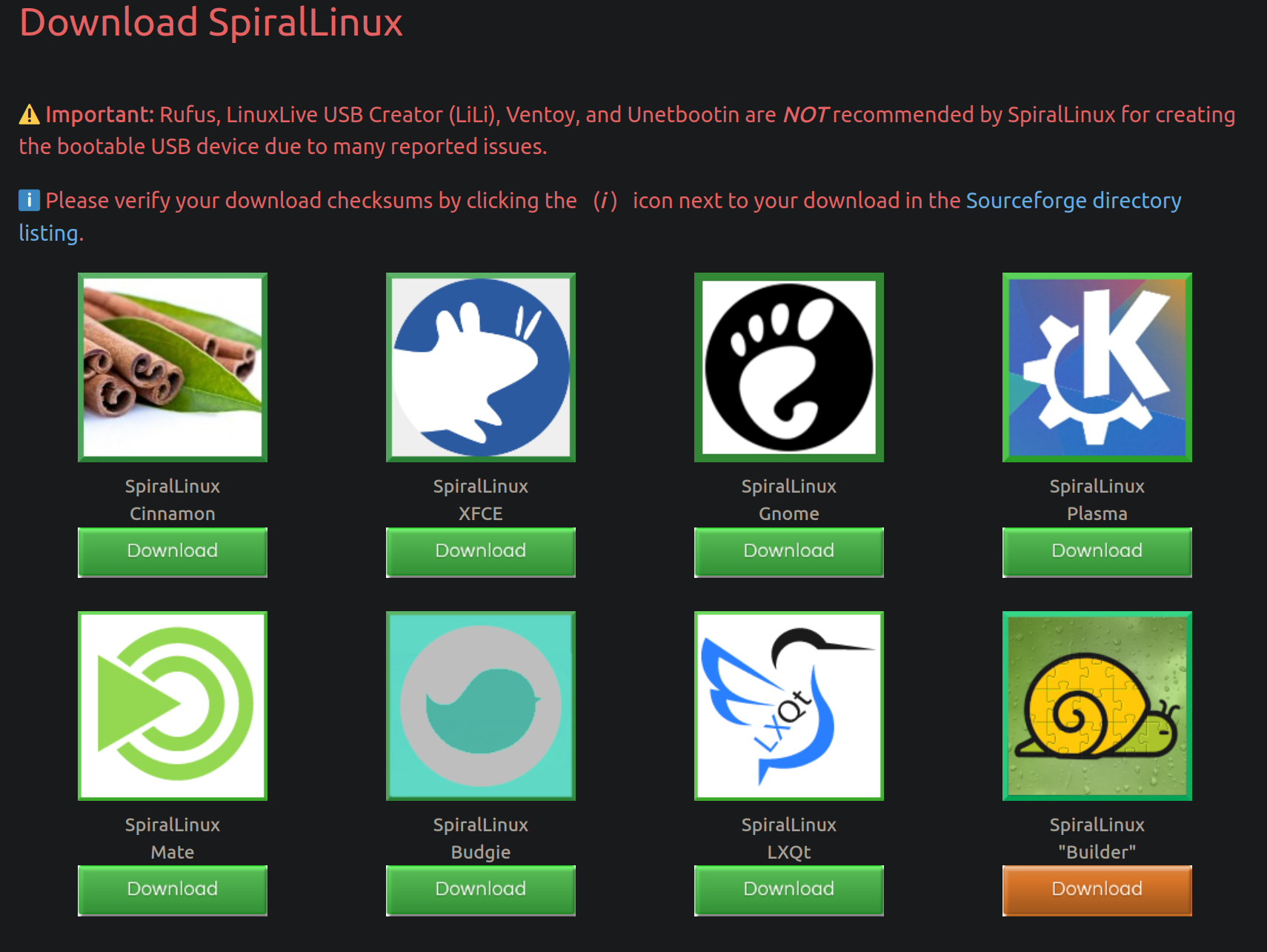this post was submitted on 08 Oct 2023
146 points (97.4% liked)
Linux
48044 readers
783 users here now
From Wikipedia, the free encyclopedia
Linux is a family of open source Unix-like operating systems based on the Linux kernel, an operating system kernel first released on September 17, 1991 by Linus Torvalds. Linux is typically packaged in a Linux distribution (or distro for short).
Distributions include the Linux kernel and supporting system software and libraries, many of which are provided by the GNU Project. Many Linux distributions use the word "Linux" in their name, but the Free Software Foundation uses the name GNU/Linux to emphasize the importance of GNU software, causing some controversy.
Rules
- Posts must be relevant to operating systems running the Linux kernel. GNU/Linux or otherwise.
- No misinformation
- No NSFW content
- No hate speech, bigotry, etc
Related Communities
Community icon by Alpár-Etele Méder, licensed under CC BY 3.0
founded 5 years ago
MODERATORS
you are viewing a single comment's thread
view the rest of the comments
view the rest of the comments

That's why I love Nix, moving my hyprland configuration from my laptop to my desktop was almost seamless. All my keybinds, wallpapers and applications were up and running with a couple of commands.
There are a couple of hardware specific configs for my laptop and desktop but once I split those out it's smooth sailing.
I have Nixos on a laptop, and have a love//hate relationship with it.
I love the customizability and declarative setup.
I hate the number of times I've sunk down rabbitholes trying to set specific things up on it.
The updates being done via switch are a bit inconvenient, but cool enough.
The fact that I can't customize everything, particularly on kde, is slightly sad.
All in all, I really like it, but wouldn't recommend it for my less technical friends, who I'd normally install Ubuntu for. This has gone up my list, close to Opensuse slowroll and Linux mint Debian edition now.
Yeah since using NIX for a couple of months now I moved away from KDE, you could customize KDE with home-manager however you would be writing out stacks of home.file lines as KDE is all over the shop when it comes to configuration. IIRC there is a module for KDE to help however it looked like a bigger time sink than I wanted.
For example my hyprpaper config is as such:
Same can be done for KDE's config however you'll run into issues changing settings manually from memory. I'm quite happy with hyprland as there are less moving parts compared to a complete package (gnome / kde), everything that's installed (probably) has a purpose for my use-case.